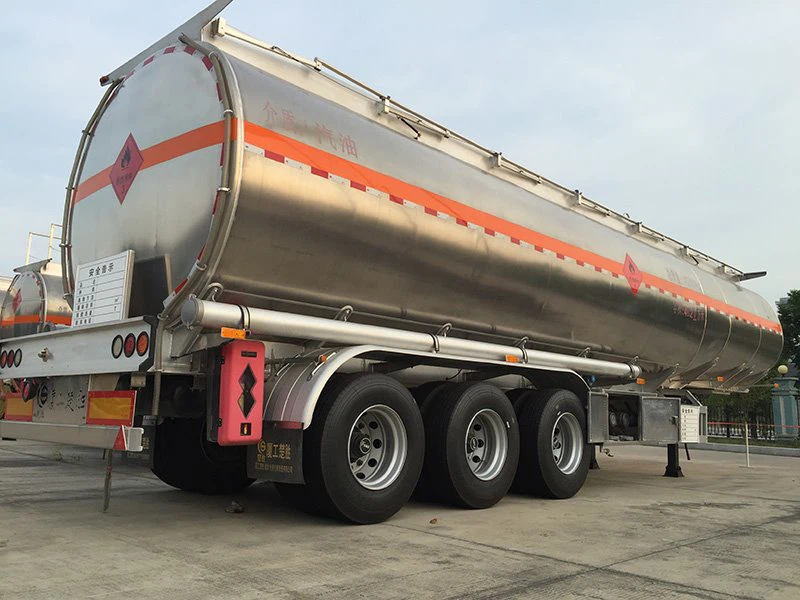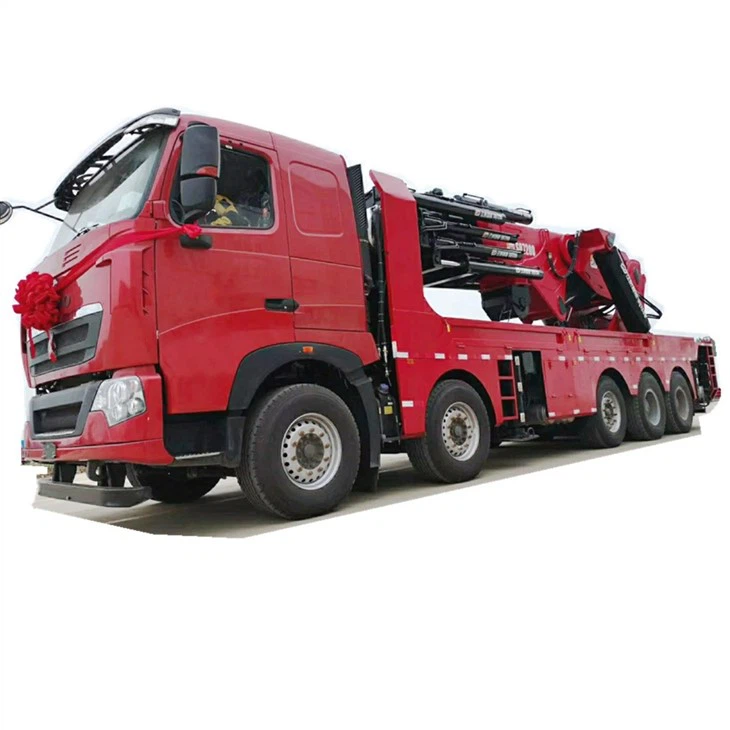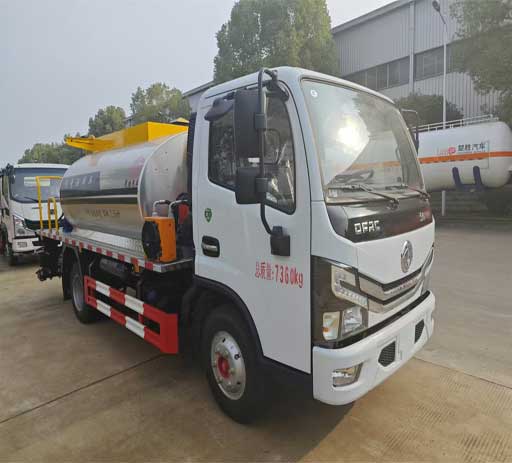Rubbish Compactor Trucks: A Comprehensive Guide

Rubbish compactor trucks play a crucial role in waste management, helping cities and businesses efficiently collect and transport garbage. In this article, we will explore what rubbish compactor trucks are, their types, benefits, and much more. Whether you’re a waste management professional or simply curious about how these vehicles function, this guide will provide you with all the information you need.
What is a Rubbish Compactor Truck?
A rubbish compactor truck is a specialized vehicle designed for the collection, compaction, and transport of waste materials. These trucks use hydraulic systems to compress waste, allowing for more efficient storage and transportation. This process reduces the overall volume of garbage, making it easier for waste management companies to handle large amounts of rubbish without requiring more trips to disposal sites.
How Rubbish Compactor Trucks Work
The operation of a rubbish compactor truck involves several key components:
- Compaction Chamber: This is where the waste is stored and compacted. The hydraulic system applies pressure to compress the waste, reducing its volume.
- Collection System: This system helps load waste into the truck, often using an automatic or manual lift to raise bins or containers into the compaction chamber.
- Hydraulic System: This system powers the compaction process, allowing for powerful compression of waste materials.
- Tipping Mechanism: After reaching the disposal site, the truck uses a tipping mechanism to unload compacted rubbish efficiently.
Types of Rubbish Compactor Trucks
There are several types of rubbish compactor trucks, each designed for specific waste management needs:
Rear Loader Compactor Trucks
Rear loader compactor trucks are among the most common types. They collect waste through a rear-loading system, where waste is pushed into the compaction chamber from the back. This design allows for high compaction rates and is often used in residential collection.
Front Loader Compactor Trucks
These trucks feature a front-loading system that picks up large bins or containers from the front, making them suitable for commercial operations. Front loader trucks are ideal for businesses with high waste generation, such as restaurants and shopping centers.
Side Loader Compactor Trucks
Side loader compactor trucks have the ability to collect waste from the side, making them more maneuverable in urban settings. These trucks are often used for residential waste collection and can operate with minimal driver assistance.
Stationary Compactors
Although not trucks, stationary compactors are important in waste management. They function similarly to compactor trucks but remain fixed in one location, providing continuous compaction of waste for businesses and industries with high-volume waste generation.
Benefits of Rubbish Compactor Trucks
Rubbish compactor trucks provide numerous benefits that enhance waste management practices:
Increased Efficiency
By compressing waste, rubbish compactor trucks allow for more efficient transport of large volumes of garbage. This minimizes the number of trips needed to the landfill, saving time and fuel costs.
Environmental Impact
The reduction in the number of trips made to disposal sites lowers greenhouse gas emissions, contributing positively to the environment. Proper waste management practices also promote recycling and proper disposal.
Space Saving
Compacted waste takes up significantly less space in landfills, prolonging the lifespan of these essential facilities.
Choosing the Right Rubbish Compactor Truck
When selecting a rubbish compactor truck, several key factors should be considered:
Load Capacity
Measure your waste volume to ensure you choose a compactor truck with an adequate load capacity. Trucks are available in various sizes, so assess your needs carefully.
Type of Waste
Different types of trucks are designed for various waste types. Ensure you select a truck that is suitable for the kinds of rubbish you typically handle.
Frequency of Collection
Consider how often you need to empty the truck. High-frequency collection may require a truck with a larger capacity to keep up with demand.
Cost and Budget
Evaluate the total cost of ownership, including maintenance, operational costs, and purchase price. Compare the value against your waste management needs.

Maintenance of Rubbish Compactor Trucks
Regular maintenance of rubbish compactor trucks is essential to ensure optimal performance:
Routine Inspections
Conduct routine inspections of the hydraulic system, compaction chamber, and mechanical components to identify issues early.
Cleaning
Regularly clean the compaction chamber and other areas prone to residue buildup to prevent odors and keep the truck operating efficiently.
Lubrication
Ensure all moving parts are adequately lubricated to prevent wear and tear, enhancing the truck’s lifespan.

Practical Examples of Rubbish Compactor Truck Usage
Rubbish compactor trucks are widely used in various settings. Here are some examples:
Cities and Municipalities
Many cities deploy rubbish compactor trucks for residential waste management. Collection routes are optimized to minimize operational costs while ensuring timely pickup of household waste.
Commercial Establishments
Restaurants and shopping malls often utilize front loader compactor trucks due to their high waste generation. Regular collection helps maintain hygiene and compliance with waste regulations.
Construction Sites
Construction companies may employ rubbish compactor trucks to efficiently manage debris and construction waste, significantly reducing cleanup time and costs.
Future of Rubbish Compactor Trucks
The waste management industry is evolving, and rubbish compactor trucks are no exception. The future may see advancements such as:
Electric Rubbish Compactor Trucks
As electric vehicle technology advances, electric rubbish compactor trucks may emerge, further reducing emissions and operating costs.
Smart Technology Integration
Incorporating IoT (Internet of Things) technology can enhance route optimization, maintenance tracking, and provide users with real-time data on waste collection processes.
FAQs
What is the average lifespan of a rubbish compactor truck?
The average lifespan of a rubbish compactor truck is typically around 10 to 15 years, depending on the level of maintenance and usage.
How much waste can a rubbish compactor truck hold?
The capacity of rubbish compactor trucks varies but generally ranges from 10 to 30 cubic yards, depending on the model and configuration.
Can rubbish compactor trucks handle hazardous waste?
Most rubbish compactor trucks are not suitable for hazardous materials. It is essential to follow local regulations and use specialized vehicles for hazardous waste disposal.

What are the primary materials that rubbish compactor trucks can collect?
Rubbish compactor trucks are designed to collect various waste types, including residential garbage, commercial waste, recyclable materials, and construction debris.
How do I determine the right compactor truck for my needs?
Assess your waste generation volume, type of waste, collection frequency, and budget to determine the most suitable rubbish compactor truck for your needs.
What maintenance is required for rubbish compactor trucks?
Regular maintenance tasks include routine inspections, cleaning of the compaction chamber, lubrication of moving parts, and timely repairs to ensure optimal functionality.
